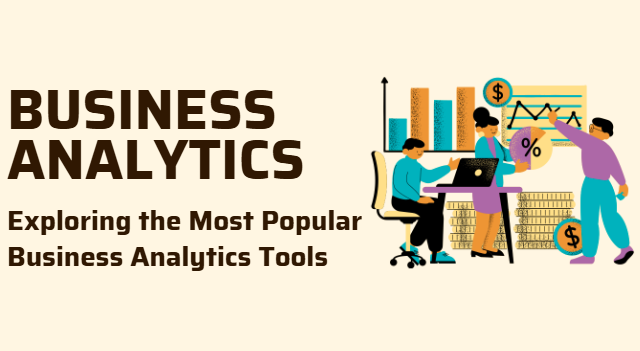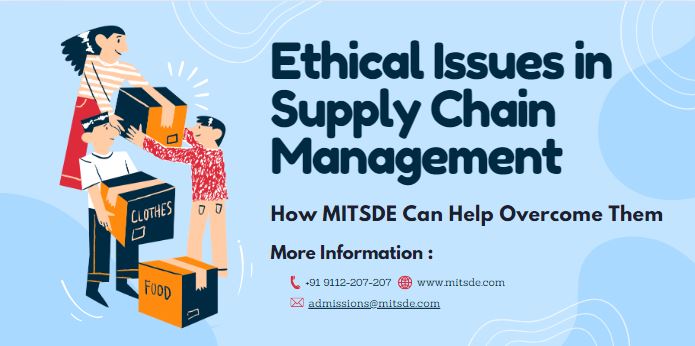Sustainable living has become a necessity since the resources of the planet are depleting at an alarming rate.
The word plastic originally meant “pliable and easily shaped.” The demand for it raised considerably during World War 2 when the government encouraged cheaper and synthetic alternatives.
However, since the 1970s the popularity of plastic fell due to the awareness of its negative environmental impact. Since then it has become a pressing environmental issue.
Today, plastic plays a significant role in the manufacturing and packaging industry. It is highly versatile. It can be molded into different shapes and sizes and has many other useful properties. But many countries lack the necessary infrastructure of process to properly collect plastic trash and have low recycling rates.
Plastic recycling is the method of collecting waste plastic and reconverting them into new and useful plastic products.
Before we delve deeper into plastic recycling and sustainable living, let us take a look at the types of plastics and their uses –
- Polyethylene Terephthalate (PET or PETE) – This is the most commonly used plastic. It is lightweight, strong, and usually limpid. It is often used in food packaging, polyester clothing or rope and fabrics (polyester), and Food bottles/jars.
- High-Density Polyethylene (HDPE) – High-Density Polyethylene is strong and resistant to moisture and chemicals, which makes it ideal for cartons, containers, pipes, buckets, park benches, and other building materials.
- Polyvinyl Chloride (PVC or Vinyl) – Polyvinyl Chloride is hard and rigid plastic. It is resistant to chemicals and weathering and is hence used for building and construction applications like plumbing pipes.
It doesn’t conduct electricity which makes it common in wires and cables. It’s also widely used in medical applications because it’s impermeable to germs.
- Low-Density Polyethylene (LDPE) – Is used in beverage cartons, and in corrosion-resistant work surfaces and other products.
It is used in the manufacturing of sandwich and bread bags, grocery bags, bubble wraps, garbage bags, etc.
- Polypropylene (PP) – This is one of the most durable types of plastic. It is ideal for food packaging and storage. It’s flexible enough to allow bending, but it retains its shape and strength for a long time.
It is used to manufacture bottle caps, pharmaceutical bottles (pills), hot food containers, disposable diapers, etc.
- Polystyrene (PS or Styrofoam) – Polystyrene plastic is rigid, low-cost, and insulates very well, which has made it a staple in the food, packaging, and construction industries.
It is used for manufacturing takeout food containers, shipping and product packaging, building insulation, and cutlery.
Of the recently used plastic materials, the one approved by many Government associations worldwide is PET.
What is PET?
Polyethylene terephthalate, also called PET, is a type of clear, strong, stiff synthetic material that is also lightweight. PET plastic is not single-use plastic. It is 100% recyclable, making it the most widely recycled plastic.
It is versatile as it is remolded and remade. Also, the material offers a protective barrier against CO and light and is EU/NSF/FDA tested.
So one may say that PET is more eco-friendly than other types of plastic. And hence is widely used.
Practising sustainability becomes the focus of the Corporate Social Responsibility (CSR) activities of many organizations globally. Recycling, proper waste management, use of recyclable material, and adopting green practices will go a long way in covering our carbon footprints and making this planet conducive to biodiversity.
Sustainability and green manufacturing cannot be achieved in one day. It takes time, monetary investment and infrastructure to achieve it. It is an independent, long-term and ongoing process for every organisation. However, the monetary benefits and social image in minds of customers make the challenge very lucrative.
How MITSDE will help you?
MIT School of Distance Education (MITSDE) is one such institute that understands the current skills gap in the market and strives hard to reduce it. For this purpose, MITSDE brings to you PG Diploma in Management. It is an online course designed specifically for working professionals looking to upskill themselves without having to forego their job.
The PG diploma in management courses focuses on technical and soft skills development to help individuals rise high on the career ladder.
MITSDE also offers a dedicated team of student success managers working day in and day out to bring to you a unique learning experience by assisting you in every step of your academic journey.
A placement cell and its offerings like resume-building and career-building sessions help you to secure a rewarding career.
Lastly, initiatives like MITSDE Labs and Harbour offer you a perfect blend of practical hands-on training and psychological counselling.
Thus, we offer you a complete package to thrive in your career.


